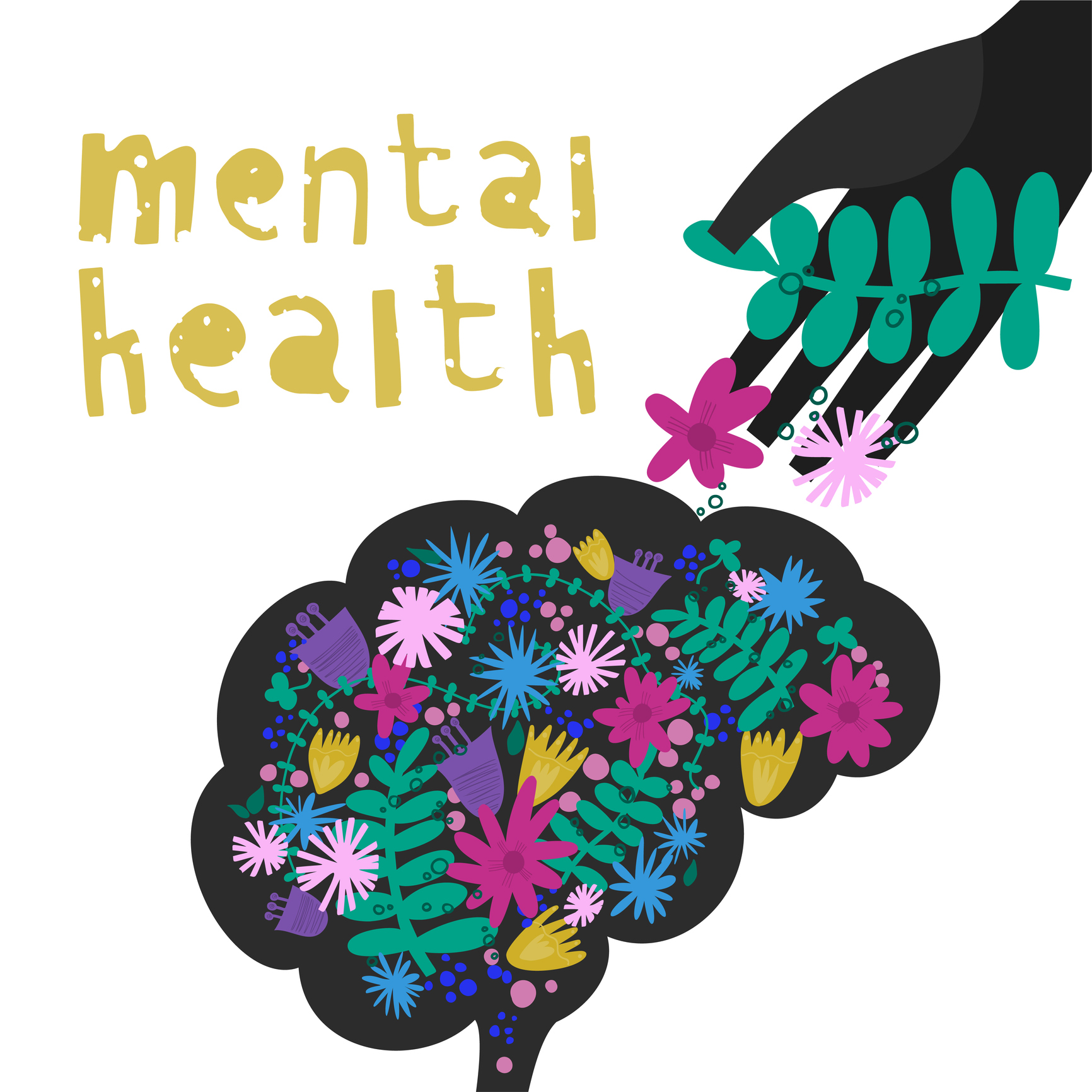Mental health refers to the state of an individual’s psychological and emotional well-being. It is an essential component of overall health, just like physical health. However, unlike physical health, mental health is often stigmatized, misunderstood, and neglected.
Importance of Mental Health
Mental health is crucial to leading a fulfilling life. Good mental health enables individuals to cope with life’s challenges, make informed decisions Bestlubezone, form positive relationships, and contribute to society. On the other hand, poor mental health can lead to a range of problems, such as depression, anxiety, addiction, and suicide.
Mental health problems can affect anyone, regardless of age, gender, or social status. However, certain factors can increase the risk of developing mental health problems, such as genetics, traumatic experiences, chronic illness, substance abuse, and social isolation.
Stigma Surrounding Mental Health
Despite the importance of mental health, it remains stigmatized in many societies. People with mental health problems are often misunderstood, marginalized, and discriminated against. This stigma can prevent individuals from seeking help, leading to further deterioration of their mental health.
The stigma surrounding mental health can stem from various sources, such as cultural beliefs, religious teachings, media portrayal, and lack of education. To combat this stigma, it is essential to raise awareness, promote acceptance, and provide access to mental health services.
How to Take Care of Your Mental Health
Taking care of your mental health is essential for overall well-being bestlubereviews.com. Here are some tips on how to maintain good mental health:
Get enough sleep: Adequate sleep is essential for mental and physical health. Adults should aim for 7-8 hours of sleep per night.
Eat a balanced diet: Eating a healthy and balanced diet can help improve mood, reduce stress, and boost energy levels.
Exercise regularly: Regular physical activity can help reduce anxiety, depression, and stress. Aim for at least 30 minutes of exercise per day.
Practice mindfulness: Mindfulness techniques, such as meditation and deep breathing, can help reduce stress and improve mental clarity.
Connect with others: Maintaining positive relationships with family, friends, and colleagues can help improve mental health and provide a support system during difficult times.
Seek professional help: If you are experiencing persistent symptoms of mental health problems, seek help from a mental health professional.
Conclusion
Mental health is an essential component of overall well-being, but it remains stigmatized and misunderstood in many societies. It is crucial to raise awareness, promote acceptance, and provide access to mental health services to combat this stigma. Taking care of your mental health through adequate sleep, a balanced diet, regular exercise, mindfulness, and social connections is also crucial for maintaining good mental health. Remember, seeking professional help when needed is a sign of strength, not weakness.

No comments:
Post a Comment